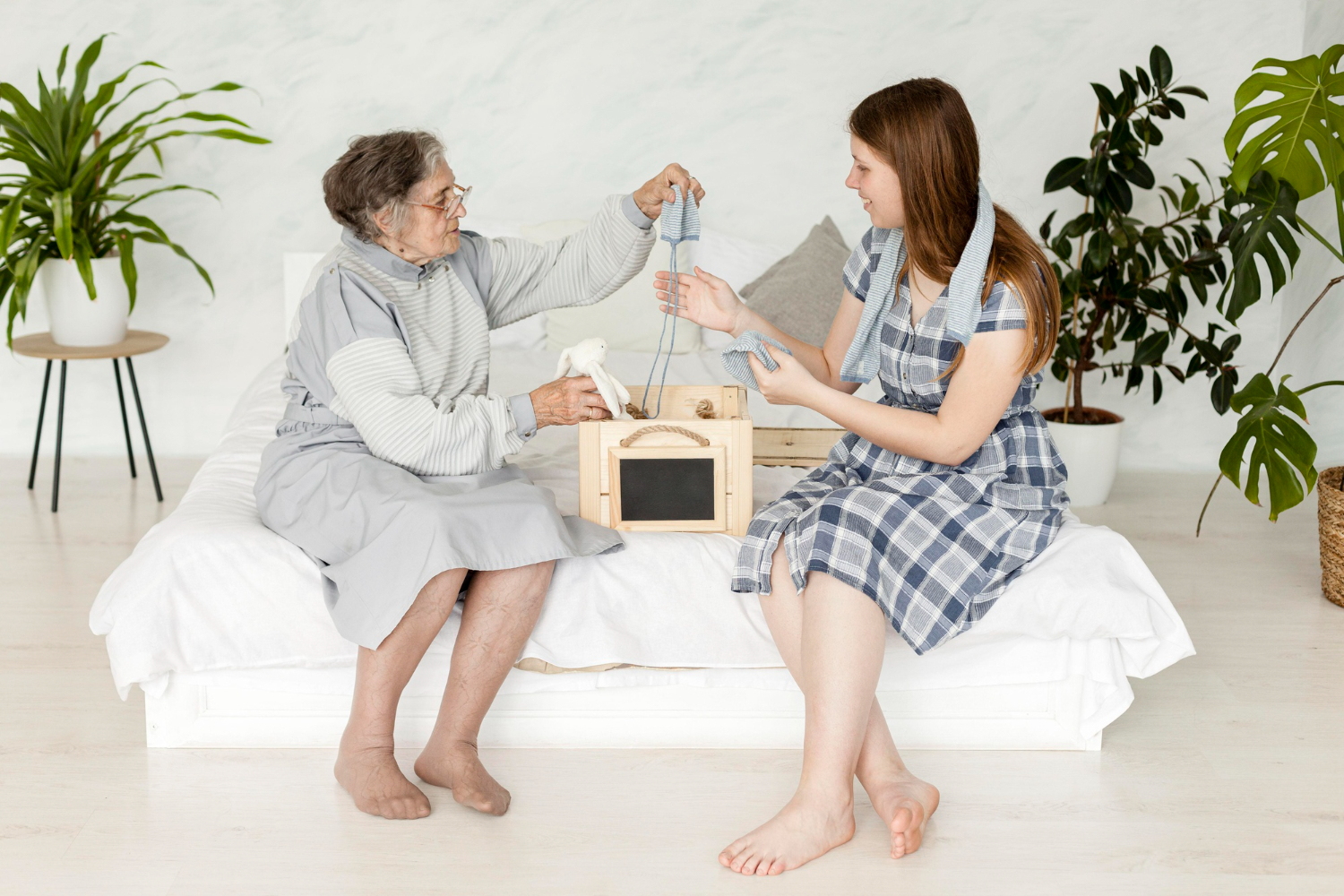Compassionate Personal Care Strategies for Elderly Patients

Caring for elderly patients is like tending to a cherished garden. Each person has unique needs, and finding the right strategies to meet them can make all the difference. Whether you are part of a nursing agency or a dedicated nursing staff member, this guide will give you the tools to provide care with warmth, respect, and empathy.
Understanding the Needs of Elderly Patients
Elderly patients often face physical, emotional, and social challenges. These can range from chronic health conditions to feelings of loneliness or loss of independence. By understanding their specific needs, you can build trust and make their lives easier.
Physical Health and Mobility
As people age, their bodies change. Mobility might decrease, and chronic conditions such as arthritis, diabetes, or heart disease can take center stage. Address these challenges by:
- Encouraging safe movement: Assist with mobility aids like walkers or canes and guide them through simple exercises to maintain strength.
- Adapting their environment: Arrange furniture for easier navigation and remove tripping hazards to prevent falls.
- Monitoring health closely: Be attentive to signs of pain, discomfort, or new health issues.
.png)
Emotional Well-Being
Emotional health is just as important as physical health. Feelings of isolation or sadness can affect an elderly patient’s overall well-being. Lend an ear and a kind word to brighten their day.
- Be a good listener: Sometimes, a patient simply needs someone to share their stories with. Let them talk about their memories and experiences.
- Encourage social connections: Arrange visits from family and friends or facilitate group activities.
- Celebrate their achievements: Even small milestones deserve recognition, as they boost confidence and morale.
Individual Preferences
Each elderly patient has their own personality, likes, and dislikes. Respect these preferences to create a sense of normalcy and comfort.
- Ask about their favorites: Whether it is their favorite meal, TV show, or hobby, incorporating these into their routine makes care feel more personal.
- Respect their independence: Allow them to make decisions about their day-to-day activities whenever possible.
Building Strong Relationships with Patients
Creating a meaningful connection with an elderly patient can make your care more effective and rewarding. Think of it as planting seeds of trust and watching them grow over time.
Start with Respect
Respect forms the foundation of any good relationship. Speak kindly, maintain eye contact, and treat every patient with dignity.
Show Empathy
Try to see the world through their eyes. Empathy helps you understand their feelings and respond appropriately.
Be Patient
Patience is your best ally. Elderly patients may move more slowly or require repeated explanations. Taking your time shows that you truly care.
Practical Care Strategies
When caring for elderly patients, small actions often lead to big results. Here are some practical tips to incorporate into your daily routine:
Prioritize Hygiene and Comfort
Hygiene is crucial for preventing infections and maintaining dignity.
- Assist with bathing and grooming: Be gentle and respectful during these personal moments.
- Keep bedding clean: Fresh linens can improve comfort and sleep quality.
- Address skin care: Older skin is delicate, so use mild products and keep it moisturized.
Provide Nutritious Meals
Nutrition plays a key role in overall health.
- Offer balanced meals: Include a mix of proteins, fruits, vegetables, and whole grains.
- Make meals enjoyable: Present food in an appetizing way and sit with them during mealtime if possible.
- Stay hydrated: Encourage drinking water throughout the day.
Promote Mental Stimulation
Keeping the mind active is essential for emotional and cognitive health.
- Play games: Activities like puzzles or card games keep their minds sharp.
- Share books or music: Reading or listening to familiar tunes can be both relaxing and engaging.
- Encourage hobbies: Support their interests, whether it is knitting, gardening, or painting.
Self-Care for Nursing Staff
Taking care of others starts with taking care of yourself. Burnout is common in caregiving professions, but you can keep it at bay with some self-care strategies:
- Take breaks: Even short moments to rest can recharge your energy.
- Seek support: Share your experiences with colleagues or join a support group.
- Maintain a healthy lifestyle: Eat well, exercise, and get enough sleep to stay at your best.
.png)
Why Compassion Matters
Compassion is not just a feeling; it is an action. When you show genuine care, it resonates with elderly patients and their families. Your kindness can turn a routine day into something memorable.
Final Thoughts
Providing compassionate care to elderly patients is a journey of patience, understanding, and dedication. As part of a nursing agency or team of nursing staff, your efforts have a lasting impact on their lives. By focusing on their physical, emotional, and personal needs, you create a nurturing environment where they can thrive. Remember, it is the little things—a smile, a kind word, or a moment of your time—that truly make a difference.